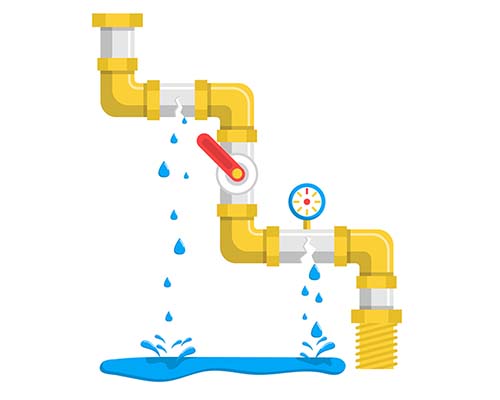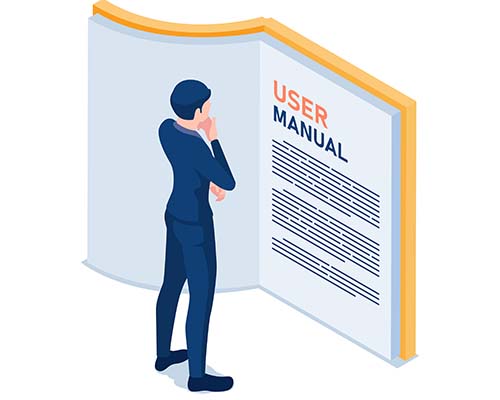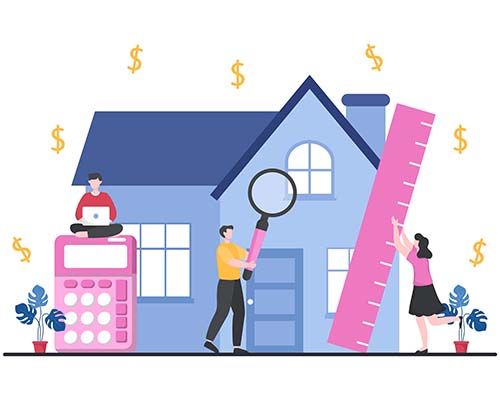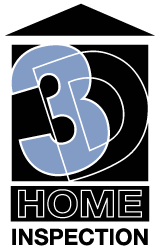Buying a house has become more difficult in the last few years. There’s a shortage of available properties, making bidding wars all too common. Although most real estate agents advise against it, some desperate buyers are forgoing pre-close home inspections to make their offers stand out. But what happens if the seller accepts your offer, and you get the house? You can still benefit from a post-close home inspection.
You won the bid and closed the sale. Why inspect the home now? Isn’t it too late?
In some ways, it’s true. It is too late for you to go back to the seller for remedy if the inspection uncovers undisclosed defects. However, finding issues with the house isn’t the only purpose or benefit of a home inspection. You can still gain a lot from a home inspection, even if you’ve already bought the home.
The Purpose and Goal of a Home Inspection
A home inspection is an objective, visual look at the physical structure and systems of a house. It covers the home from foundation to roof. (For more about what’s included in our inspections, check out our What We Inspect page.)
The main goal of a pre-closing inspection is to identify any issues with the home that may require remediation by the seller. In fact, according to Zillow, of all real estate sales that fall through after contract, 15% are due to issues found during a home inspection. But identifying issues is not the only reason a home inspection is a good idea. Even if you didn’t have a home inspection before close, you can benefit from a post-close inspection.
Why You Should Consider a Post-Close Home Inspection
Getting an inspection AFTER you close on the house is still a good idea. If you can make it happen before you move in – even better! Here are some reasons why.

There may be issues that require your immediate attention.
Your new home could have health or safety issues that could have a direct and immediate impact on your family. An experienced home inspector will usually be able to point these issues out and suggest options for remediation. Important issues that require quick action include:
- High radon levels
- Dangerous mold
- Restricted or blocked sewer lines
- Inappropriate electrical wiring
- Roof integrity issues
- Failing plumbing
These are items that should be repaired before occupancy, if possible.

A home inspector can teach you about your home
Whether you’re a homeowner newbie or an experienced DIYer, you can learn a thing or two from your home inspector. We always recommend accompanying our inspector during the inspection. You’ll see your home through the eyes of an expert who has really seen it all!
You can learn a lot from a home inspection report, too. Since a well-written home inspection report goes through the home one system at a time, it like an owner’s manual for the house. (Click here to see a sample.) You’ll see each system (like electrical, plumbing, etc.) and its visible components, including photos and explanations of how things work when running properly.

You can get tips and suggestions for home maintenance.
An experienced home inspector will be able to look at the systems of your home and identify potential issues they see or have seen in the past with homes like yours. They can offer tips and suggestions for future home maintenance and upkeep tasks. Armed with that knowledge and your “owner’s manual” home inspection report, creating a customized home maintenance plan will be a breeze for you!

You’ll be able to plan and budget for future home repairs and improvements.
No one likes surprises! Because home inspectors are looking closely at your home’s systems, they see things that may be OK now, but have the potential to fail soon. A good home inspector will point these out for you. They may also be able to provide an estimate of how long it will be before the item needs repairs. This way, you can plan and budget for replacing expensive things like HVAC systems or roofs.
The Importance of a Home Inspection
Your home is probably the biggest and most complex investment you’ll ever make. It pays to understand how it works (and how it breaks!), even after you’ve purchased it. One of the simplest and most straightforward steps you can take is to invest in a quality home inspection – either before or after you’ve purchased the home.

